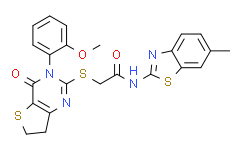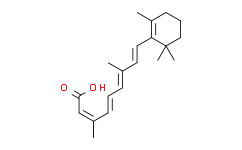Title:Primitive Cardiac Cells from Human Embryonic Stem Cells
标题:人胚胎干细胞来源的原始心肌细胞
Authors: Hudson J, et al.
作者: Hudson J 等
Journal: Stem Cells and Development
期刊: 干细胞与发育
Publication Date: June 10, 2012
发布日期: 2012年6月10日
Volume: 21
卷: 21
Issue: 9
期: 9
Pages: 1513-23
页码: 1513-23
Abstract: This study explores the differentiation of human embryonic stem cells (hESCs) into primitive cardiac cells. The researchers optimized a protocol to efficiently generate cardiac progenitor cells, characterized their phenotypic and functional properties, and assessed their potential for cardiac repair. The findings demonstrate that these derived cells exhibit key cardiac markers and functional properties, including spontaneous contraction and response to electrical stimulation. This advancement holds promise for applications in regenerative medicine and disease modeling.
摘要:
本研究探讨了人类胚胎干细胞(hESCs)分化为原始心脏细胞的过程。研究人员优化了一种有效生成心脏前体细胞的协议,对其表型和功能特性进行了表征,并评估了其心脏修复的潜力。研究结果表明,这些衍生细胞表现出关键的心脏标志物和功能特性,包括自发收缩和对电刺激的响应。这一进展在再生医学和疾病模型中具有应用前景。
Key Findings:
- Optimization of Differentiation Protocol: Improved efficiency in generating cardiac progenitor cells from hESCs.
- Characterization: Detailed analysis of phenotypic markers and functional properties.
- Functional Assays: Assessment of spontaneous contraction and electrophysiological properties.
主要发现:
- 分化协议优化: 提高了从hESCs生成心脏前体细胞的效率。
- 表征: 详细分析了表型标志物和功能特性。
- 功能测试: 评估了自发收缩和电生理特性。
Potential Applications:
- Regenerative Medicine: Potential use in repairing damaged heart tissues.
- Disease Modeling: Utility in studying cardiac diseases and testing drug responses.
潜在应用:
- 再生医学: 在修复受损心脏组织中的潜在应用。
- 疾病模型: 用于研究心脏疾病和测试药物反应的工具。
Compounds and CAS Numbers
1.Retinoic Acid (All-trans-Retinoic Acid) 视黄酸 (全反式视黄酸)
CAS Number: 302-79-4






 沪公网安备31011402010657号
沪公网安备31011402010657号